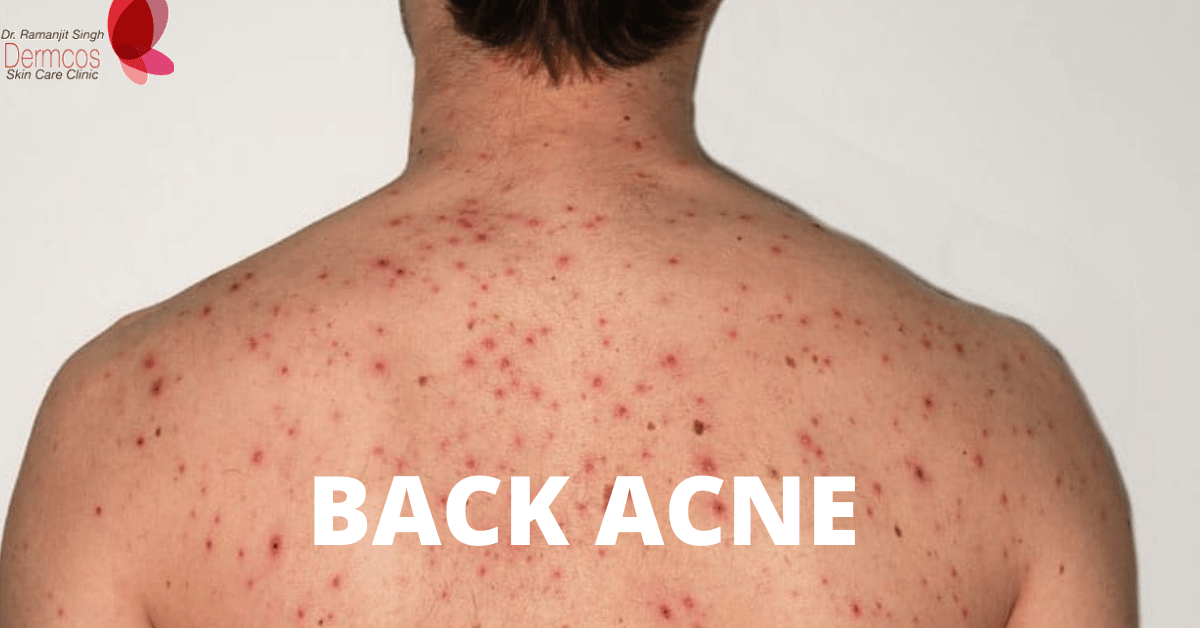The largest and most exposed portion of our body is our skin. Facial skin is particularly delicate and prone to damage from the sun, weather, and toxic chemicals. Therefore it becomes necessary to provide the best skincare daily routine necessary to keep it healthy.
The last two years have been rough due to the pandemic COVID-19. Adding to it, our skin has taken a beating. Regular hand-washing sanitizer use has left our hands dry and sensitive, and wearing a regular mask has given rise to the new term Maskacne which means “acne under the mask”. The use of masks is critical in preventing the transmission of the coronavirus. Masks can irritate your skin, causing everything from acne to peeling skin to rashes and itching.
The matter has worsened. Our skin has become prone to outbreaks or even acne in the rough season of winters.
It’s believed that sebum, which is oil secreted by the skin, is to blame for your skin’s sensitivity to cold temperatures. Sebum keeps your skin moisturized and supple, but too much can cause your skin’s cells to clog pores and outbreaks.
The “T-zone” of your faces like forehead, nose, and chin has more sebum-producing glands than any other portion of your body, which makes it more prone to pimples. The more sebum your skin produces in dry conditions, the more prone you are to get clogged pores and breakouts. Because winter is the driest season of the year, even those with normally flawless skin may notice a few more blemishes than usual.
Inflammation is also a worry for acne sufferers. “Cold and dry weather can create inflammation, which is one of the key pathogenic reasons for acne production.
With winter on the horizon, it’s time to think about your skincare routine so you can keep your skin protected during the colder months while also protecting yourself against COVID-19.
Skin must be treated to heal, nourish, and aid in the removal of acne and scars.
Board-certified dermatologists recommend Skincare Routine for Acne-Prone Skin that helps prevent skin problems forming behind your mask.
When you’re prone to breakouts, a good anti-acne regimen tailored to your skin’s needs is suggested. While there is no one-size-fits-all regimen, establishing a baseline daily skincare routine can be quite beneficial. A good acne-prone skincare routine must include
- Removal of excessive oil.
- Healthy pore size should be maintained
- Healing of blemishes to reduce spots.
The most important care for your daily skincare routine for acne-Prone Skin is to clean and wash your skin two to three a day with face wash without any active ingredients which irritate acne skin. It can actively help too much sebum accumulation to prevent a breakout. The Face wash must contain an active ingredient like Benzoyl peroxide, salicylic acid, adapalene, retinol, etc which deeply cleanses the acne and dries the skin, and prevents acne formation.
The tips for Best Skincare Routine for Acne-Prone Skin include some basic steps which if followed regularly minimize the breakout and maintain the skin health.
-
Cleansing:
Cleanse and moisturize your face daily to avoid skin problems. Use a gentle, fragrance-free cleanser to wash your face. Dry skin, like oily skin, is a prevalent face mask skin issue. If you have dry skin, moisturizer adds a protective layer to your skin, which can help to reduce dryness. If you have dry skin, you should apply moisturizer right after you wash your face.
-
Toner:
Toner is used for washing the skin, eliminating pollutants, reducing the appearance of pores, and calming and soothing sunburned or irritated skin. It also hydrates, protects, and revitalizes the skin.
-
Moisturizing:
After cleansing and removing pollutants from the skin, the next step is to moisturize. Moisturizers are nourishing products that hydrate dry skin and help lock in moisture, leaving you with soft, glowing skin for the day ahead.
Some moisturizers provide SPF to protect you from the sun’s rays and UV rays. Moisturizers provide a calming effect that relaxes the skin and reduces inflammation.
-
Sunscreen:
It is necessary to apply a broad-spectrum sunscreen to the exposed region every time you go outside, regardless of the weather, time, or season. You’ve probably heard a million times that you should reapply sunscreen every two hours. Sunscreens are essential for skin maintenance since they reduce the effects of the sun, as well as the appearance of fine lines and wrinkles. Choose sunscreens with an SPF of at least 30 that protect against harmful UV rays of the sun.
-
Serum:
Serum soothes and nourishes the skin by reducing redness. They usually come in a liquid/gel-like form and are made up of highly concentrated active ingredients that are absorbed via the skin.
-
Exfoliators
: Exfoliators for face scrubs are used to remove dead skin cells and encourage the regeneration of new ones. Exfoliation is a severe procedure that should only be done once or twice a week rather than every day. Exfoliating acne-prone areas will only make matters worse, so avoid scrubbing active acne.
-
Face Masks:
Clay masks and sheet masks are two types of face masks. Sheet masks contain serums that nourish and moisturize the skin, whereas clay masks assist calm the skin, remove dullness, and leave you with bright skin. You can use a face mask once or twice a week.
-
Under-eye cream:
Under-eye creams can reduce dark circles, wrinkles, and symptoms of age around the eyes. A proper skincare routine should also include items that care for and nourish the undereye area. Now that we’ve learned about the many products and their functions in preserving beautiful skin let’s look at when they should be used.
Skincare during Covid:
The extended use of hand sanitizer and covering your face with a mask has outgrown these days. To keep ourselves safe from the Covid-19 virus, we should wear face masks in public or during work shifts. These precautions are necessary to prevent the virus from spreading but are causing irritation and damage to your skin. Making a few changes to your daily skincare routine for your hands and face can help us combat these effects.
- Before and after wearing a mask, one should wash their face and moisturize it frequently to avoid skin rash or irritation. Use a water-soluble moisturizer if your skin is greasy.
- If you need to wear the mask for extended hours due to your workspace being in public, you can experience the formation of a blister. If a blister arises due to friction between the mask and the skin, keep it clean and treat it with antibiotic ointment. A bandage can also be used to form a barrier between the blister and the mask. If blisters appear regularly, see your dermatologist.
- If you have acne-prone skin, the friction between your skin and the mask causes acne. Cleanse your skin regularly and moisturize with a water-soluble lotion. If even any breakout occurs avoid popping or squeezing pimples as this can lead to infection. For proper acne treatment, consult your physician.
- Foods having a high amount of carbohydrates or glucose are not good for the skin and should be avoided. A well-balanced diet is beneficial to the skin. While no cuisine can give you a flawless skin diet enriched with fresh fruits and vegetables helps you to promote glowy and healthy skin.
- Exercise enables your body to release stress, makes you feel better. It’s a way to relieve tension and anxiety and helps to keep skin healthy. We should also be cautious to clean and shower after a workout because perspiration or sweat can clog pores and cause acne.
- We can also look for the option of a mask that is friendly for skincare. Look out for the mask that can be fitted with the fabric of two layers, interior fabric that lays against the skin should be soft, natural comfortable fabric.
- If you are a healthcare or frontline worker bound with extended face mask hours, try to take a 15mins mask break every couple of hours to allow your face skin to breathe. But while removing the mask from the face, be cautious about doing so when it feels safe around.
Takeaway:
Giving yourself preventive care from Covid-19 along with mask wear can be tough for your skin. But with a gentle, smooth, and daily basic skincare routine you can avoid skin problems that can cause irritation, acne development, and inflammation. The best skincare routine for acne-prone skin includes some basic skincare that helps to remove dead skin cells and excessive oil from the skin pores and prevent clogging and breakouts. While covering your facial skin with a mask you can still follow your acne medications and acne treatment as advised by your dermatologist. The best skincare routine for acne-prone skin must include the process of repairing damaged skin, helping in the restoration of skin’s natural state, providing nutrients, and regeneration of skin cells to maintain healthy, vibrant, and glowing skin.


